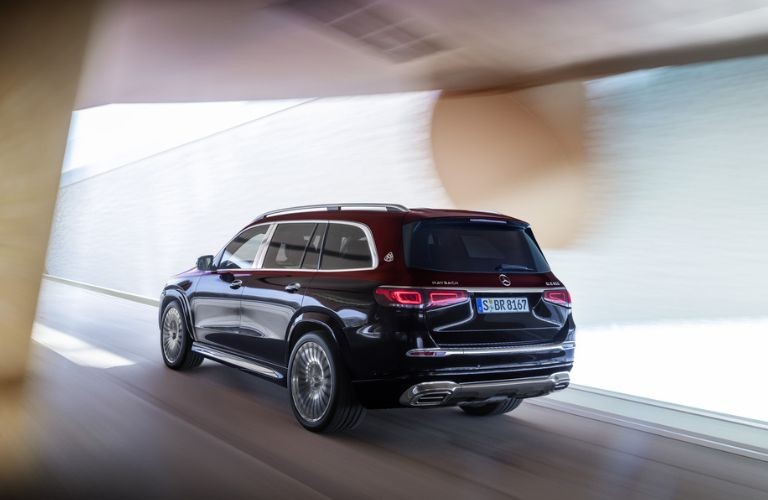Mercedes-Benz has long been synonymous with luxury, performance, and prestige. But beyond the sleek designs and powerful engines, there’s a reputation for something even more enduring: longevity. When considering investing in a vehicle, especially a premium one, a key question arises: how long can a Mercedes-Benz last? The answer might pleasantly surprise you.
Mercedes-Benz: Engineered for Endurance
Mercedes-Benz vehicles are not just assembled; they are meticulously engineered. This commitment to quality from the ground up is a cornerstone of their longevity. From robust engine construction to durable body materials and rigorous testing processes, every aspect of a Mercedes-Benz is designed with longevity in mind.
Regular maintenance plays a pivotal role in extending the life of any vehicle, and Mercedes-Benz is no exception. The brand’s recommended Service A and Service B schedules, performed annually or every 10,000 miles, are crucial for preventative care. These services ensure timely checks and maintenance, addressing potential issues before they escalate and safeguarding the vehicle’s long-term health. Furthermore, the generous warranties offered on new and certified pre-owned Mercedes-Benz models, with options for extended coverage, reflect the manufacturer’s confidence in their vehicles’ durability.
Documented Proof: Mercedes-Benz Mileage Milestones
Anecdotal evidence and documented cases provide compelling real-world examples of Mercedes-Benz longevity. The remarkable story of Gregorios Sachinidis and his 1976 Mercedes-Benz 240D stands as a testament to the brand’s enduring quality. Clocking an astounding 2,850,000 miles, Sachinidis’s 240D became a symbol of Mercedes-Benz durability. In recognition of this incredible feat, Mercedes-Benz themselves traded Sachinidis a brand-new C-Class for his record-breaking vehicle in 2004, preserving it as a piece of automotive history.
Another compelling example is the 1966 Mercedes-Benz 250SE owned by a family who purchased it new. By 2014, this vehicle had surpassed 1,280,000 miles and remained a cherished family possession. While it underwent repairs over its lifespan, the 250SE retained its original essence and continued to serve its owners faithfully for decades.
These are not isolated incidents. While not every Mercedes-Benz will reach such extreme mileage figures, these stories illustrate the inherent potential for longevity built into these vehicles. With diligent maintenance and care, exceeding typical mileage expectations is certainly achievable.
Maximizing the Lifespan of Your Mercedes-Benz
Several factors contribute to how long a Mercedes-Benz can last. Consistent and timely maintenance, adhering to the recommended service schedules, is paramount. Driving habits also play a significant role; smoother driving styles generally reduce wear and tear on the vehicle. Environmental conditions, such as extreme temperatures or harsh road salts, can also impact longevity, highlighting the importance of appropriate care and protection.
In conclusion, “how long can a Mercedes-Benz last?” is a question answered not just by engineering specifications but by real-world performance. Mercedes-Benz vehicles are designed and built for long-term reliability. While individual lifespans vary based on maintenance, driving habits, and environmental factors, the examples of million-mile Mercedes-Benz cars demonstrate their exceptional potential for longevity. Investing in a Mercedes-Benz is not just acquiring a luxury vehicle; it’s investing in a vehicle built to stand the test of time.
[
